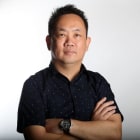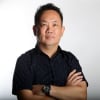Working hard to create a mini-Singapore - in Africa
Singaporeans are training teachers, planning towns and impacting the lives of communities in Rwanda, as profiled in the documentary Finding Singapore
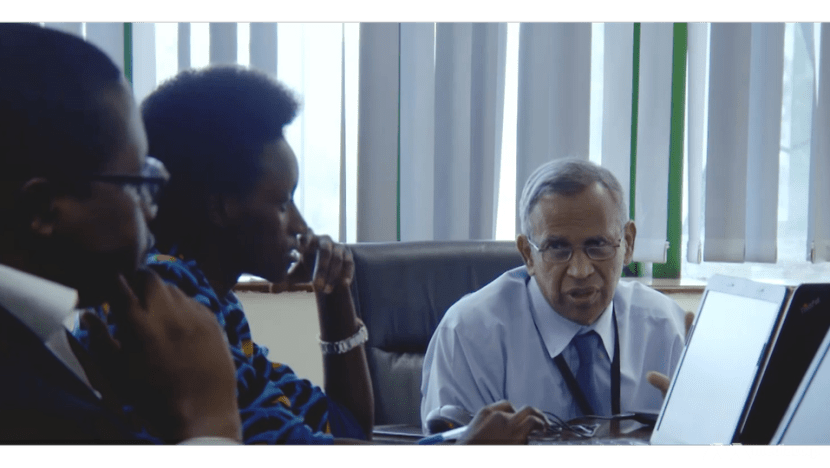
Singaporean Daniel Selvaratnam is contributing to Rwanda’s progress through his job at the Rwanda Development Board.
RWANDA: Singaporean Chong Fook Yen watched in horror as the student took a piece of wood, clamped it tight and tried his hardest to saw it - while holding the saw in the opposite direction.
That was when Mr Chong knew his task to transform Rwanda would be an uphill battle.
Some 10 years ago, he was sent to help transform the African country’s vocational and educational system using Singapore’s own successful model. He recounted: “The best way to go about doing it is to go to the school and see what is being done. To my horror, I saw this in the workshop.”
Rwanda has since made great strides in its growth, with some help from Singaporeans like Mr Chong whose works have impacted many communities abroad. Their stories are told in the Channel NewsAsia documentary Finding Singapore, with episode 2 on Sunday (Feb 12) at 8pm (SG/HK).
Today, some have nicknamed Rwanda the ‘Singapore of Africa’ with its similarly clean streets, corruption-intolerant reputation, and an impressive economic growth that consistently hits 8 per cent annually.
WATCH: A quick peek at Singaporeans in Rwanda (1:37)
MOVING ON FROM GENOCIDE
But its transformation to one of Africa’s fastest growing economies has meant overcoming a turbulent history – in 1994, a social revolution resulted in around 800,000 Rwandans killed over some 100 days.
Mr Chong said: “Rwanda just walked out from the genocide. If you look at Singapore when we first started our nation building, we sort of just stepped out from the Second World War and we were also facing racial riots back then, although not on the scale of what was experienced in Rwanda.”
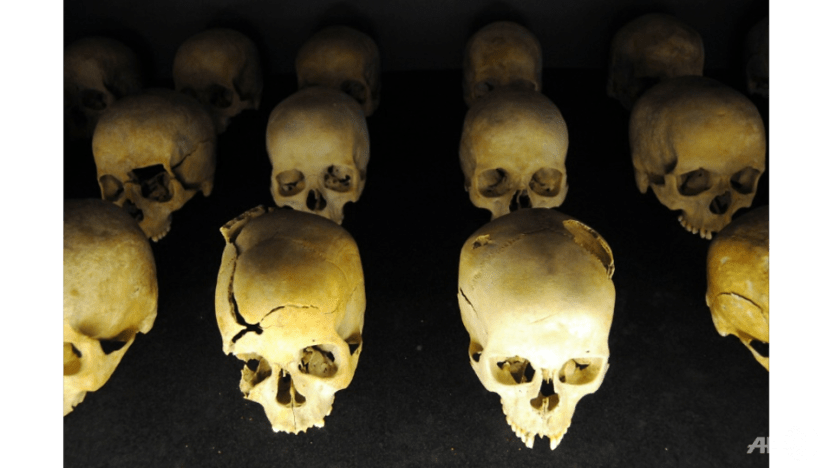
The Genocide memorial in Nyamata to the thousands slaughtered in 1994. (Photo: AFP)
In 2008, Singapore and Rwanda signed a MOU to provide a framework for public sector collaboration.
When Mr Chong - a vocational and technical education expert who helps create education models for cities - realised the huge skill gap, he decided to work out a curriculum to match Rwanda’s industry needs.
“If we don’t invest in education, just one generation would destroy the country,” he said. “Because that generation would grow up without the right education, without the right character-building, and the repercussions would trickle down to the next generation and the next.”
LIKE SINGAPORE’S ITE
In 2008, the Rwanda Workforce Development Authority (WDA) was formed to empower citizens with practical skills required to build the country’s economy. It follows closely the Singapore Workforce Development Agency model, but focuses more on pre-employment training, similar to the Institute of Technical Education system, Mr Chong said.
As the Rwanda WDA’s acting director-general back then, he and his team knew they had to revamp the vocational system and upgrade the skills of the instructors. Students were also sent to Singapore to hone their skills in areas like hospitality and aviation.
Their efforts have paid off. Today, there are 392 vocational training schools across Rwanda, with a wide range of courses for students to choose from.
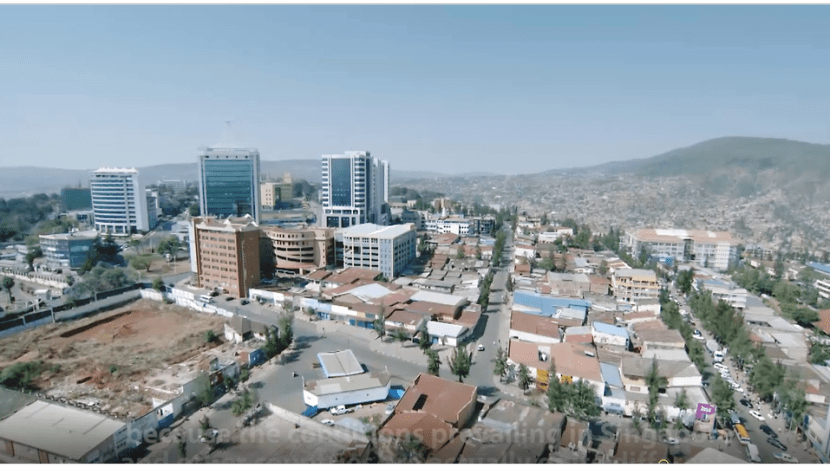
Education aside, the country has also looked at Singapore’s housing models for inspiration.
Urban planning firm Surbana Jurong was engaged to conceptualise the masterplan for Nyarugenge, a district in Kigali city in 2009.
The company was again appointed in 2012 to create a master plan for Kigali city, which at 730 sq-km, is slightly bigger than Singapore.
RESILIENCE IS KEY
Singaporean Daniel Selvaratnam, having worked at the Economic Development Board for 30 years, is also contributing to Rwanda’s progress through his job at the Rwanda Development Board.
He said: “It’s a very hard thing to do, for any country to try and emulate Singapore because the conditions prevailing in other countries are actually quite different.
“But this country is very determined. When they set their mind on something, they go all out. This is the only country in East Africa where you have paved roads, from one border to another.”
WATCH: She became a chicken farmer (9:23). Read more here about her and other Singaporeans in Rwanda.
Rwanda president Paul Kagame is pleased with how his country has emulated Singapore and her successes. “When they say this is the Singapore of Africa, I think maybe it’s a recognition that Rwanda has learnt a thing or two from Singapore and has applied it and seen its transformation,” he said.
But Singaporeans too, have learned much from Rwanda.
Mr Chong said that even though many Rwandans lost family members during the genocide, and some escaped to live as refugees in neighbouring countries, they have never let those episodes set them back.
“They grew up without a lot of opportunity. But you can see the resilience in people that when they come back, they say they have to make this country work,” he said.
Watch the story of Rwanda in episode 2 of Finding Singapore, on Feb 12, 8pm (SG/HK).








